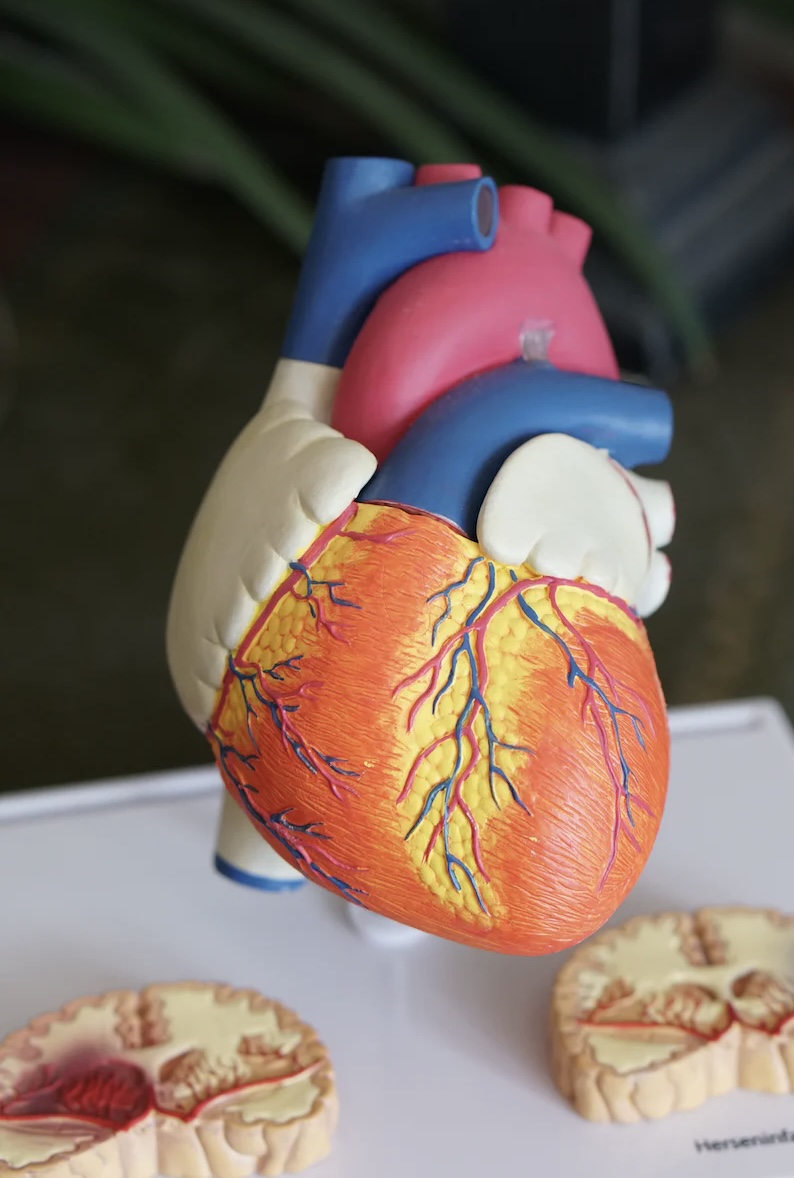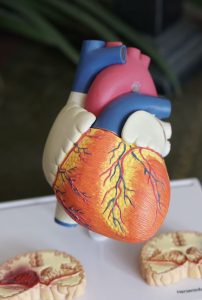
Strokes can be devastating medical incidents.
The brain interacts with all body systems.
As a result, damage to the brain can have significant negative impacts.
Although the brain can be injured in various ways, strokes can be especially unsettling because the causes are internal.
According to a recent Verywell Health article titled “Everything You Should Know About Stroke,” there are different types of strokes.

Heart disease is a common risk factor for strokes.
The type and severity influence the prognosis for recovery and the level of care and support required from loved ones.
Those who serve as caregivers for loved ones who have suffered a stroke often find themselves emotionally and physically drained.
Seeking assistance from professionals who have training in providing care to those who have suffered strokes can lighten the load and instill greater confidence in the level of care.
Family and friends also can help with caregiving responsibilities or with extraneous support.
Support groups are filled with others experiencing the same circumstances and can be beneficial in having both emotional support and learning from the wisdom of others.
Although strokes are hard to predict, you can be screened regularly for risk factors.
By understanding and taking steps to reduce risk factors, you can help prevent strokes.
Even if you or a loved one has already experienced a stroke, making health and lifestyle changes can reduce the chance of strokes recurring and bringing further debilitation.
About 25 percent of strokes in the United States are recurrent.
Those who survive an initial stroke have a 12 percent chance of having another within five years.
If the initial stroke was large and hemorrhagic, this likelihood would be greater than if the initial stroke was small and ischemic.
What steps can be taken to reduce risk factors?
If you smoke, an excellent place to begin is to quit smoking.
Those with hypertension can benefit from taking medications to lower their blood pressure.
If you have diabetes, you can monitor your blood sugar to keep it at optimal levels.
Heart disease can take many forms.
Those with coronary artery disease, heart failure, or heart rhythm abnormalities should get treatment for these conditions.
Anyone with carotid artery disease or chronic inflammatory conditions should also be treated.
Because many risk factors for strokes do not have obvious symptoms, having a stroke can be sudden and surprising.
Having regular checkups and screenings with a physician can help in discovering vulnerabilities.
If someone is having a stroke, knowing what to do and what not to do is critical.
Click here for some practical pointers from Penn Medicine.
Verywell Health (February 27, 2023) “Everything You Should Know About Stroke”
REMEMBER: “The choice of a lawyer is an important decision and should not be based solely upon advertisements.”
This statement is required by rule of the Supreme Court of Missouri.
